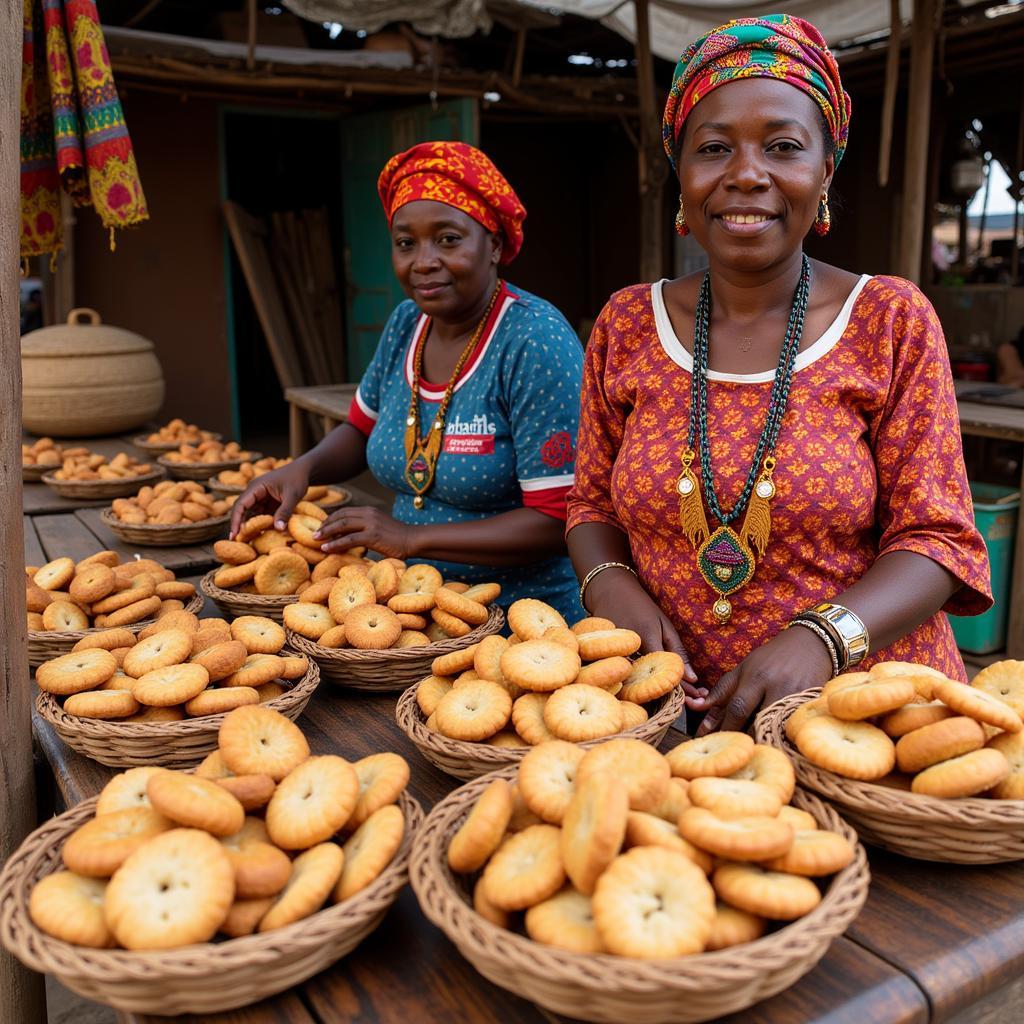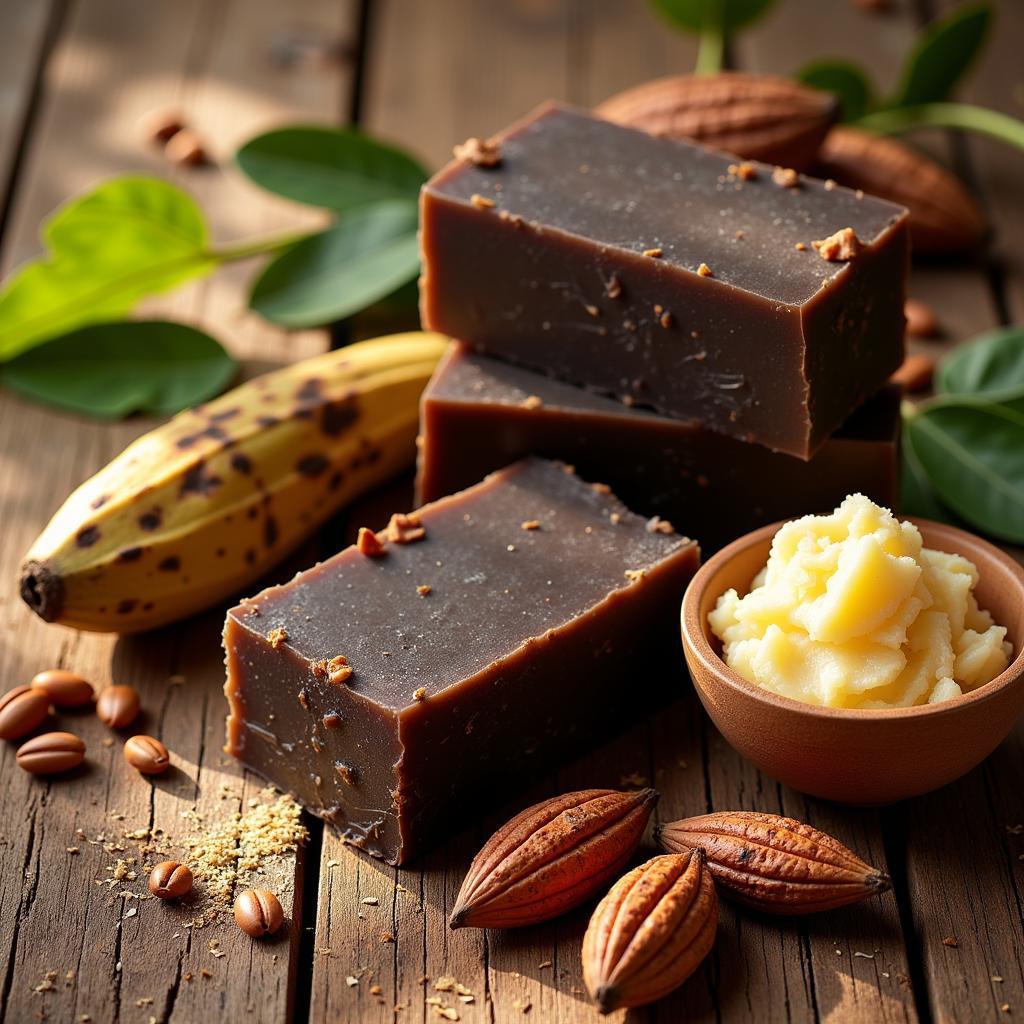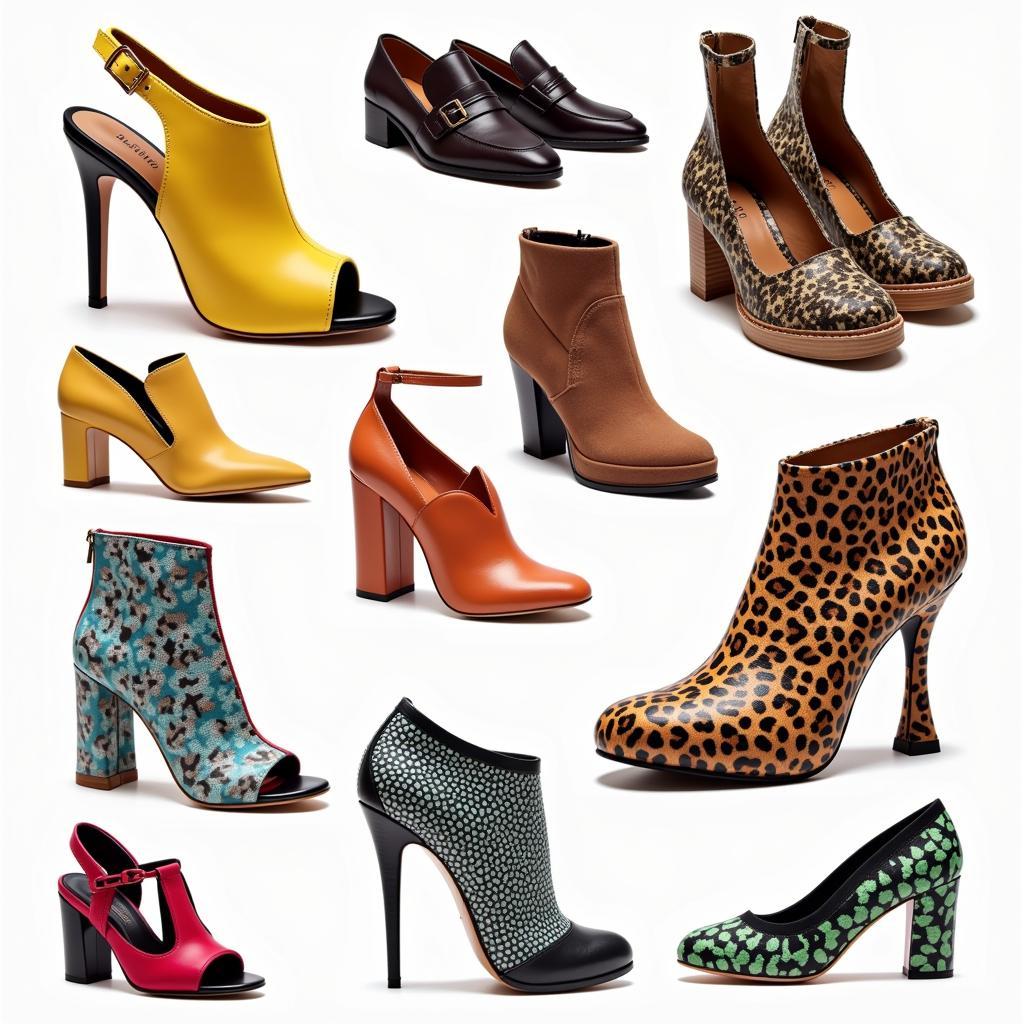Discover Africa’s Delicious Delights: Your Guide to African Biscuits
African biscuits: a phrase that evokes images of vibrant markets, the aroma of spices, and the promise of unique flavors. These aren’t just treats; they’re edible stories, each bite a testament to the continent’s rich culinary heritage. Whether you’re a seasoned foodie or simply curious to explore global cuisine, African biscuits offer a delicious adventure for your taste buds.
A Fusion of Flavors: The Story Behind African Biscuits
African biscuits draw inspiration from diverse cultures and traditions, resulting in an eclectic mix of tastes and textures. From the crumbly goodness of peanut cookies in West Africa to the fragrant cardamom-infused biscuits of East Africa, each region boasts its own signature recipes passed down through generations.
 Women selling colorful biscuits in a bustling African market
Women selling colorful biscuits in a bustling African market
Beyond the Bite: The Cultural Significance
These biscuits are more than just snacks; they play integral roles in social gatherings, ceremonies, and everyday life. They’re symbols of hospitality, offered to guests as a gesture of welcome and warmth. In many cultures, specific biscuits accompany particular celebrations, adding a deeper layer of meaning to these sweet treats.
A Journey for Your Palate: Exploring Regional Specialties
Ready to embark on a culinary adventure? Let’s explore some regional favorites:
West Africa:
- Peanut Cookies: Groundnuts, a staple crop, shine in these crumbly, nutty cookies, often enjoyed with a cup of strong, sweet tea.
- Chin Chin: These crunchy, deep-fried dough treats are popular throughout the region, enjoyed as snacks or festive treats.
East Africa:
- Cardamom Biscuits: Aromatic cardamom lends its distinctive flavor to these melt-in-your-mouth biscuits, often enjoyed with spiced tea or coffee.
- Mandazi: These fluffy, triangular-shaped fried bread are a breakfast staple, best enjoyed warm with a dollop of coconut chutney.
Southern Africa:
- Rusks: Twice-baked, crunchy biscuits perfect for dunking in coffee or tea, often enjoyed for breakfast or as an afternoon snack.
- Soetkoekies: These sweet, spiced, and chewy biscuits, often flavored with cinnamon and ginger, are a beloved treat, especially during the festive season.
Baking Up a Storm: Finding Authentic African Biscuit Recipes
The internet is a treasure trove of recipes, allowing you to recreate these delectable treats in your own kitchen. Look for recipes shared by African food bloggers or culinary experts for an authentic taste of Africa.
The African Biscuit Experience: More Than Just a Taste
Exploring African biscuits is a journey into the heart of the continent’s diverse cultures and traditions. So, the next time you’re craving something unique, flavorful, and steeped in history, reach for an African biscuit and savor the taste of Africa.
FAQs: Your Questions About African Biscuits Answered
1. What makes African biscuits unique?
African biscuits stand out due to their diverse flavors, textures, and ingredients, reflecting the continent’s rich cultural tapestry.
2. Where can I find authentic African biscuit recipes?
Numerous online resources, particularly food blogs and websites specializing in African cuisine, offer authentic recipes.
3. Are African biscuits suitable for special dietary needs?
While traditional recipes may vary, many African biscuit recipes can be adapted for specific dietary needs, such as gluten-free or vegan diets.
4. What are some popular occasions to serve African biscuits?
African biscuits are versatile treats enjoyed at social gatherings, celebrations, religious festivals, or simply as everyday snacks.
5. Where can I learn more about African culture and cuisine?
Our website offers a wealth of information on various aspects of African Life, including history, art, music, food, and customs.
Need Help? Contact Us!
For inquiries or assistance, don’t hesitate to contact us:
Phone Number: +255768904061
Email: kaka.mag@gmail.com
Address: Mbarali DC Mawindi, Kangaga, Tanzania.
We have a dedicated customer support team available 24/7.


